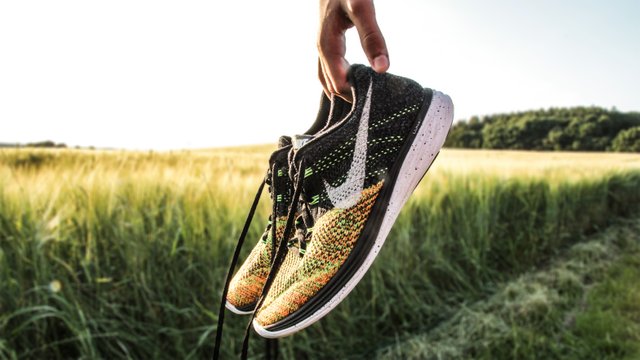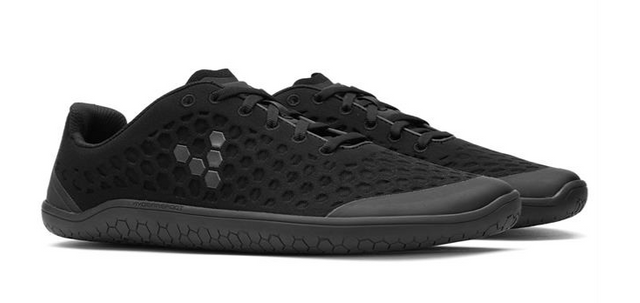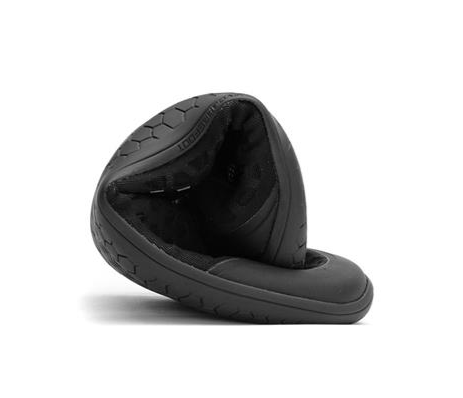Barefoot running shoes
I've been playing football for the last 24 years. Running is a huge part of a typical old-school football training. We used to run specially in Winter in the snow covered streets for 60-90 minutes. However, modern football does not focus on this kind of practice and focuses more on ball-based forms of training and interval running. I played my first full season for a 30+ senior team in which we reduced training by one day and have a modern training approach.
After a season I realized my stamina has drastically worsen, and this was together with my speed my biggest virtue on the pitch. I decided to do something against it and started running, like I'm used to from my old-school training days.
I took my running shoes and went out in the nearby forest. I know you have to start slowly, so I went for a 5 km run. 3 days later I ran 7 km. Overall it felt very good, but I had pain in my knees and hips. Nothing bad, but still annoying. I talked to a colleague who runs a lot (occasionally he makes 100 km runs) and he asked about my shoes. I had a classic running shoe you can see in every advertising and similar to this one:

Photo by Kristian Egelund on Unsplash
I was like no wonder you have pain, you have the wrong shoes. According to him, the shoes with the resilient heels are not good for the knees and hips. I talked to him about the different shoe types, did some internet research and found out that this is quite a controversial topic. I found some studies supporting the theory that minimalist running shoes reduce the injury risk as it strengthens the feet's muscles and ligaments and it's more natural.
I got curios and so I decided to buy my barefoot running shoes too and give it a try. I ordered a shoe my colleague has to as I could try it on and it felt really comfortable right away. I ordered this one:

Vivobarefoot - Stealth II

characteristic for barefoot shoes: very pliable
Everybody seems to agree that when changing to a barefoot shoes you have to start really slowly and carefully, even if you are well trained. At the very beginning you should not run more than 2-3 km per session with your new shoes. Studies have shown that the injury rate increases for the first 6 months after changing to this type of shoes when not excising too much.
Unfortunately, I did not yet have the time to actually run with my newly arrived shoes, but I went for a walk in the woods with my son and I was really impressed. It was such a great feeling to actually feel the ground with all it's stones and sticks and everything else. It was like a massage. After our walk of approximately an hour I felt that my feet were really tired and I felt that they really worked.
I am really looking forward for my next run and will keep you updated. Obviously I am not an expert and I don't want to give you any advice. As for now, I have no idea what effect this shoe change will have on my training and well-being. I just want to share my experiences and just give you an insight on a type of shoe you may not know or considered as a running shoe.